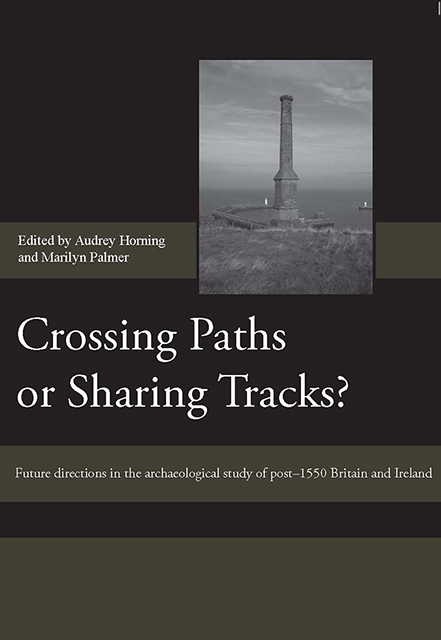 Crossing Paths or Sharing Tracks?
Crossing Paths or Sharing Tracks? Historic Landscape Characterisation: More Than a Management Tool?
Published online by Cambridge University Press: 07 March 2023
Summary
Historic Landscape Characterisation (HLC) has been undertaken in many counties across England, withsimilar programmes carried out in Wales and Scotland. Designed mainly as a management tool, it provides an historic dimension to landscape character assessment. It is frequently criticised by academic landscape archaeologists and historians and is seen as having no value for research purposes. This discussion addresses some of the criticisms and examines the use of HLC as a research tool in relation to recent work undertaken in Cumbria.
INTRODUCTION: HISTORIC LANDSCAPE ANALYSIS
Historic landscape characterisation (HLC) was devised during the 1990s as a tool to aid land management, by influencing spatial planning policy and informing planners in their decision making on individual applications. It provides an historic dimension to landscape character assessment, a methodology defined by the Countryside Commission in the 1980s to understand the landscape holistically. HLC also takes an holistic approach and recognises that all landscape has an historical character, but unlike landscape character assessment, it concentrates on the cultural nature of landscape and does not accord equal weight to the natural elements. There have been a number of recent reviews of the application and process of HLC, and it is not the intention here to repeat these commentaries in detail. In summary, however, English Heritage's own review of the uses of HLC sees it entirely in terms of its potential for land management. Steve Rippon noted, in his review of historic landscape analysis, that it is both a study of the origin and historical development of an area of landscape, and a description of historic landscape character to inform planners and landscape managers, therefore also seeing HLC largely as a planning tool. More recently, however, Rippon has examined the research potential of historic landscape characterisation in one of a series of papers originally given at a Theoretical Archaeology Group (TAG) conference, which includes papers bothsupporting and criticising historic landscape characterisation.
A number of university-based landscape archaeologists and historians have criticised the HLC approach as lacking in time depth as well as intellectual rigour and relevance. One of the issues is the late date of the baseline data, usually the First Edition six inch to one mile Ordnance Survey maps. Some of the criticisms are valid, but some are based on a misunderstanding of the nature and purpose of HLC.
- Type
- Chapter
- Information
- Crossing Paths or Sharing Tracks?Future directions in the Archaeological Study of Post-1550 Britain and Ireland, pp. 195 - 204Publisher: Boydell & BrewerPrint publication year: 2009


